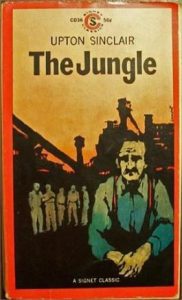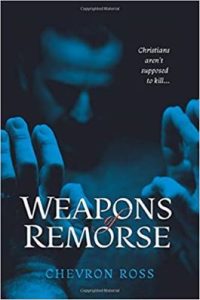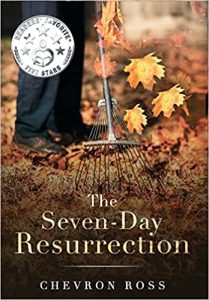One of the virtues of reviewing a classic novel is the opportunity to introduce it to a new generation of readers. Upton Sinclair’s exposé of Chicago’s meat packing industry, published in 1906, demonstrates that there are some things government does well, when shamed into taking action.
 The Jungle revolves around the experiences of Jurgis Rudkus, a Lithuanian immigrant lured to America in hopes of a better life. Young, energetic, and naïve, he readily accepts a job at a packing plant which, with cruel efficiency, grinds him down to a level of desperation that destroys his illusions and the virtuous standards he brought with him.
The Jungle revolves around the experiences of Jurgis Rudkus, a Lithuanian immigrant lured to America in hopes of a better life. Young, energetic, and naïve, he readily accepts a job at a packing plant which, with cruel efficiency, grinds him down to a level of desperation that destroys his illusions and the virtuous standards he brought with him.
Because there are more unskilled workers than jobs in Chicago, the meat industry works its employees for long hours at shameful wages, forcing other members of the family, including underage children, to pitch in. Unscrupulous realtors resell the same houses over and over when their purchasers cannot pay for them. Add to this the harsh working conditions and Chicago’s catastrophic winters, and the workers find themselves fighting a losing battle.
The Jungle is famous for its exposure of the unsanitary meat processing conditions of Sinclair’s day. The factories were filthy and rat-infested. Contaminated animals were butchered and shipped out to unsuspecting customers. A system of graft and bribery ensured maintenance of the status quo for the sake of wealthy owners. Sinclair’s novel led to swift passage of pure food laws that continue to protect consumers more than a hundred years later.
Jurgis gradually disappears in the latter part of the novel, which is a cry for socialism to overthrow the entrenched political parties. History has shown that Sinclair lost that battle. Nevertheless, The Jungle stands as a reminder that the bright light of truth can expose evil in its hiding places and bring about reform.
Featured by Chevron Ross
Follow these links for more about the Chevron Ross novels
Weapons of Remorse The Seven-Day Resurrection The Samaritan’s Patient




